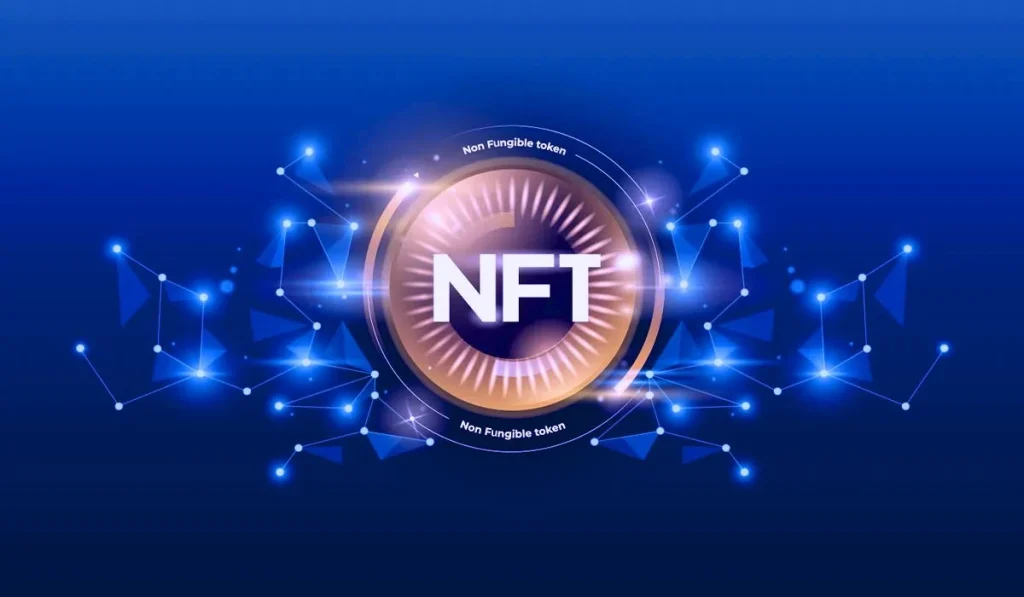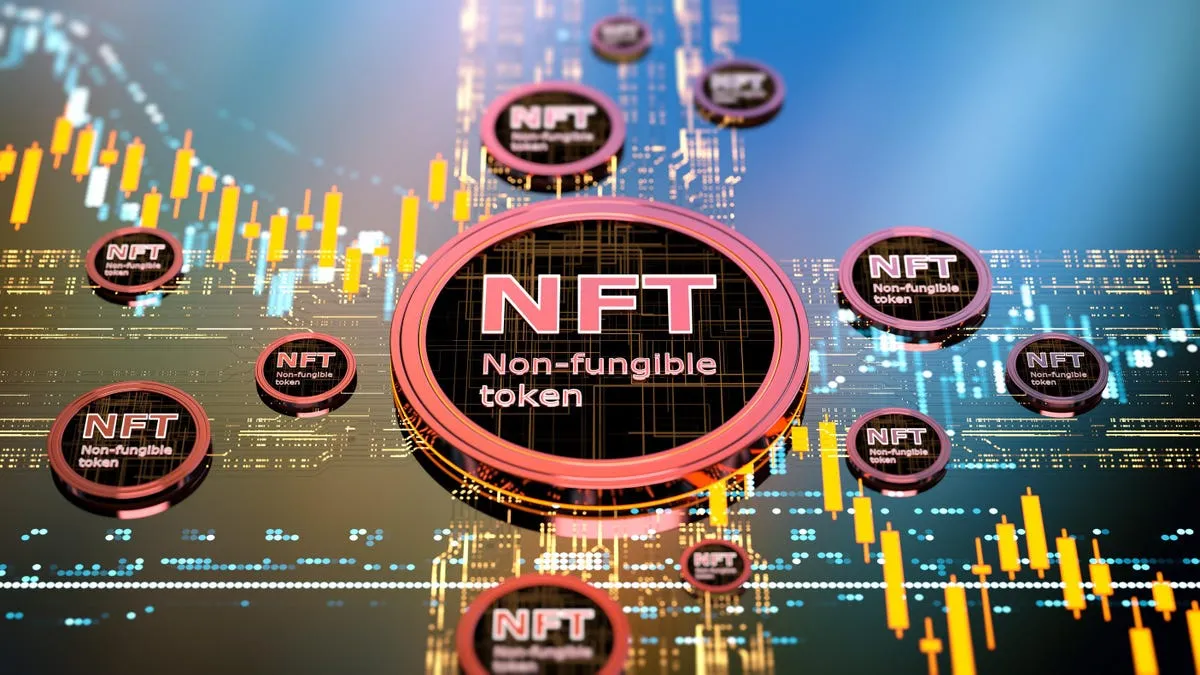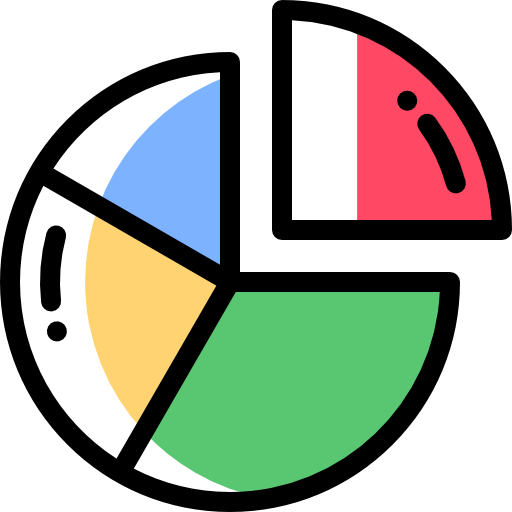NFTs: The Dawn of a Revolutionary Market
The journey of cryptocurrencies to widespread adoption took nearly a decade, with their potential unfolding gradually. In contrast, NFTs have made an explosive entry into the market, capturing significant attention in a remarkably short time. Unlike cryptocurrencies, NFTs offer a distinct presence in the digital realm, carving out a robust niche of their own. These unique assets have quickly established themselves as a trusted form of digital collectible, standing apart from their crypto counterparts.

What Are NFTs and Why All the Excitement?
NFTs, or Non-Fungible Tokens, represent unique physical or digital assets that are tokenized using distinctive standards. Unlike other digital assets, each NFT possesses unique attributes and cannot be exchanged on a one-to-one basis with another token. Built on blockchain networks, NFTs ensure both efficiency and security, with their own specific token standards that guarantee authenticity and protection against tampering.
Initially seen as collectibles primarily favored by enthusiasts, NFTs have rapidly expanded in scope. Today, they support a diverse range of applications and use cases, appealing to various sectors and individuals. From verifying ownership to enhancing privacy, NFTs are increasingly recognized for their versatility and value.
Fractional NFTs: Transforming the Market with Divisible Assets
The burgeoning value of NFTs and their continuous growth in the market has led to innovative concepts like Fractional NFTs. This approach involves breaking down high-value NFTs into smaller segments, making them more accessible and affordable. This shift promises to drive substantial traffic and activity within the NFT space, positioning Fractional NFTs as a pivotal development in both the NFT and cryptocurrency markets. By making these assets more attainable, the volume of transactions is expected to surge, enhancing their appeal as a lucrative investment.
How Fractional NFT Marketplaces Operate
NFTs are typically governed by token standards that preserve their unique characteristics, such as ERC-721 on the Ethereum blockchain. In the fractionalization process, an NFT is secured by a smart contract, which then divides the asset into multiple units represented as ERC-20 tokens. These fungible tokens reflect partial ownership of the original NFT.
When a Fractional NFT is acquired, the buyer obtains a share of the NFT, divided into ERC-20 tokens. These fractional tokens can be traded or sold in various ways: they can either be listed for a specific period or remain available until all units are sold. The Fractional NFT marketplace thus becomes a hub for trading and staking these divided assets, driving transformative changes in how NFTs are bought, sold, and managed.

The Case for Fractional NFTs
Elevated Asset Value
The current high value of NFTs means they are predominantly accessible only to those with substantial financial resources. This creates a disparity, where smaller investors are excluded from participating in the NFT market. The growth of NFTs could be significantly accelerated if investment opportunities were made available to a broader audience.
Limited Utilization
Beyond ownership and resale, the practical use cases for NFTs remain relatively restricted. Although NFTs are becoming increasingly prevalent and serve various functions, their potential as versatile tokens in the digital and cryptocurrency markets has yet to be fully realized. Expanding their use beyond these confines could unlock new opportunities and drive further market development.
Challenges of Secondary Market Liquidity
NFTs have evolved into high-value assets with substantial potential. However, marketplace owners often prioritize auction sales over immediate transactions, resulting in a protracted liquidity process. This extended timeframe poses a significant challenge in the NFT space.
Fractional NFT Marketplace: Addressing Liquidity Challenges
The liquidity issue in NFT markets can be effectively mitigated through the fractionalization of ERC-721 tokens into fungible ERC-20 tokens. In this process, the ERC-721 token is secured within a smart contract, which then divides it into several ERC-20 tokens. When users purchase these ERC-20 tokens, they effectively acquire a share of the original ERC-721 asset. This approach makes it possible for a broader range of investors to engage in fractional NFT investments. The reduced value of these fractionalized NFTs facilitates quicker transactions, thereby enhancing market liquidity.

Real Estate: Transforming Land Ownership with Fractional NFTs
Fractional NFTs offer a groundbreaking approach to real estate by allowing landowners to convert their property documents into divisible tokens. This innovative method enables the sale of plots of any size by breaking down traditionally illiquid assets into fractional tokens, simplifying transactions, and easing the management of land deeds. Unlike conventional fractional real estate models, this approach allows the original owner to retain ownership of the land while leveraging fractional NFTs to enhance liquidity. Our expertise lies in developing platforms that facilitate the creation of fractional land NFTs, offering landowners a powerful tool for managing and making informed decisions about their real estate assets. These NFTs, backed by tokens representing segments of land documentation, foster community-driven consensus and streamline asset management.
Fractional NFTs in Real Estate
In the realm of real estate, fractional NFTs revolutionize the way land transactions are conducted by enabling swift and efficient sales through blockchain-backed smart contracts. This approach eliminates the need for intermediaries, reducing associated costs and removing the unpredictability of traditional real estate dealings. With ownership and transaction histories securely recorded on an immutable blockchain, the risk of tampering and fraud is significantly minimized. Embracing fractional NFTs can be a strategic move for landowners and entrepreneurs, offering a seamless path to raise capital while retaining ownership.
F-NFTs in Real Estate
Real estate has long been burdened by issues such as immovability, fraudulent claims, high entry costs, and cumbersome documentation. Fractional NFTs (F-NFTs) address these challenges by leveraging blockchain technology and smart contracts to create an unalterable record of transactions. This modern solution streamlines the process, making it easier for retail investors to enter the market and for large landholders to sell their properties to a broader audience without the usual hassles. Our expertise in developing fractional NFTs for real estate can help transform these transactions, offering a more accessible and efficient approach to buying and selling land.
NFTs in Fractional Property Ownership
While NFTs have made a significant impact in the digital realm with virtual land parcels in the metaverse, their potential extends far beyond that. Fractional property ownership in the physical world can also be achieved through NFTs. This approach lowers the barriers for retail investors looking to enter the real estate market. Unlike traditional fractionalized real estate tokens, NFTs offer enhanced flexibility, allowing property owners to assign varying values to different segments of their land. Our expert consultants are ready to help you design and implement a customized strategy for fractional ownership of your real estate assets, leveraging the unique advantages of NFTs.Benefits of a Fractionalized NFT Marketplace
Dynamic Price Discovery
The fractionalized NFT marketplace introduces an advanced price discovery system to assess the value of NFTs. This innovative approach marks a significant evolution in how NFT values are determined, providing more accurate and market-driven pricing.
Historical Sales Analysis
Our platform meticulously reviews past transactions, analyzing details such as data type, peak values, minimum values, and fluctuations. This comprehensive analysis aids in forecasting the future value of NFTs, offering a clearer picture of market trends.
Auction Insights
While auctions remain a popular method for NFT sales, our system enhances this process by providing estimated values based on real-time bidding data. Auctions are optimized for maximum efficiency, making them an effective strategy for selling NFTs.
Fractionalization Process
NFTs are converted into fungible ERC-20 tokens, allowing owners to sell their assets across various open markets. This process boosts liquidity and increases marketplace traffic, enhancing the overall trading experience.
Market Democratization
Fractionalized NFTs break down barriers, making high-value assets accessible to a broader audience. By allowing widespread participation, fractionalization drives market growth and creates numerous opportunities for monetization. The minting of fractional NFTs leads to high commissions and increased market engagement.
Buyout Option
The buyout feature provides NFT owners with the option to reverse the fractionalization process. To initiate a buyout, all fractional owners must participate. Payments can be made through various methods, enabling the complete repurchase of the NFT and the re-establishment of its original form.
Why Choose Us for Fractional NFT Development?
Our trailblazing work in NFT and crypto development speaks volumes about our pioneering role in the industry. With a dedicated team of experts, we guarantee to deliver on our promises with 100% commitment. We take pride in being at the forefront of the revolutionary Fractional NFT Marketplace concept, setting new benchmarks in the NFT market.
Rest assured, we’ll handle the complexities of concept development and technical challenges, guiding you through every step of the process with ease and expertise.



